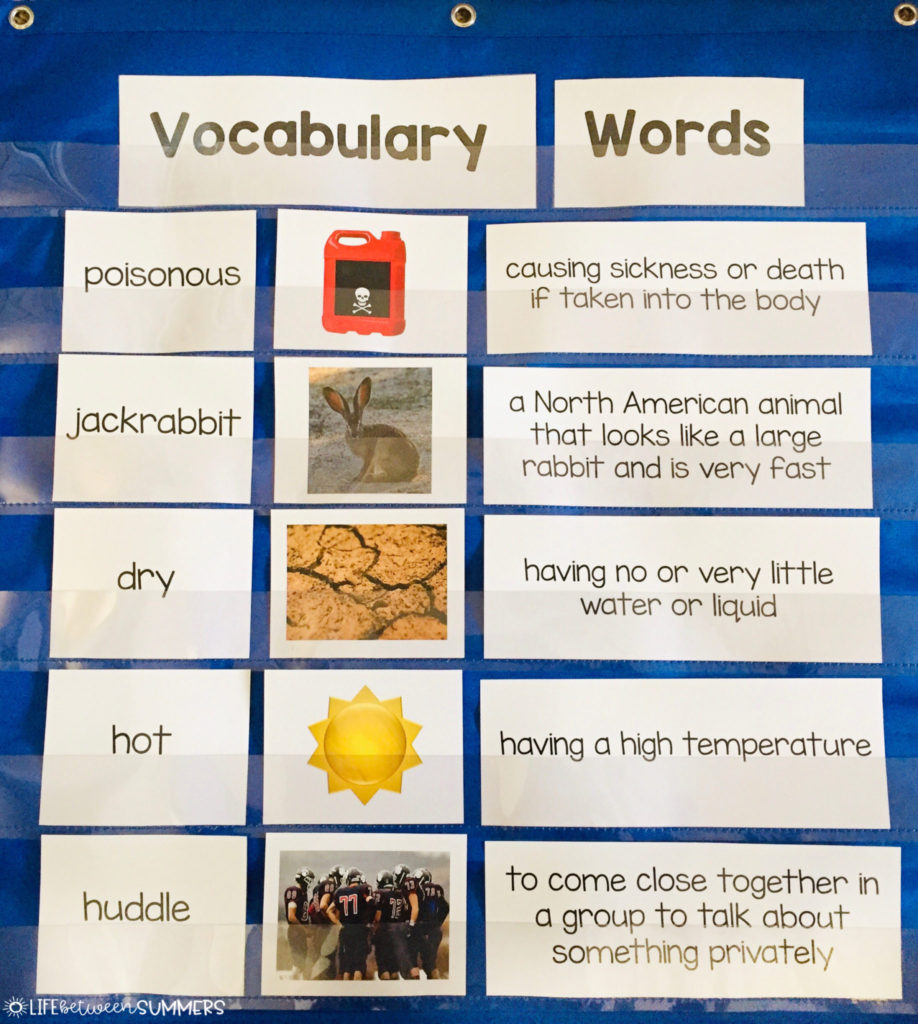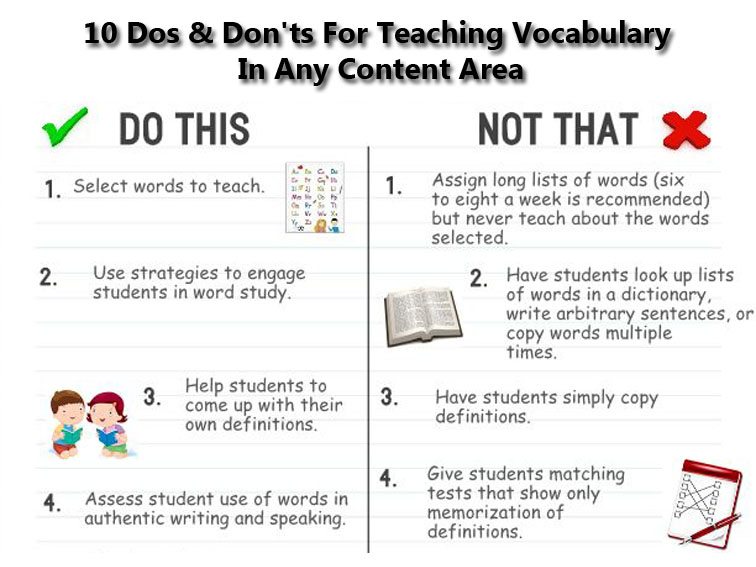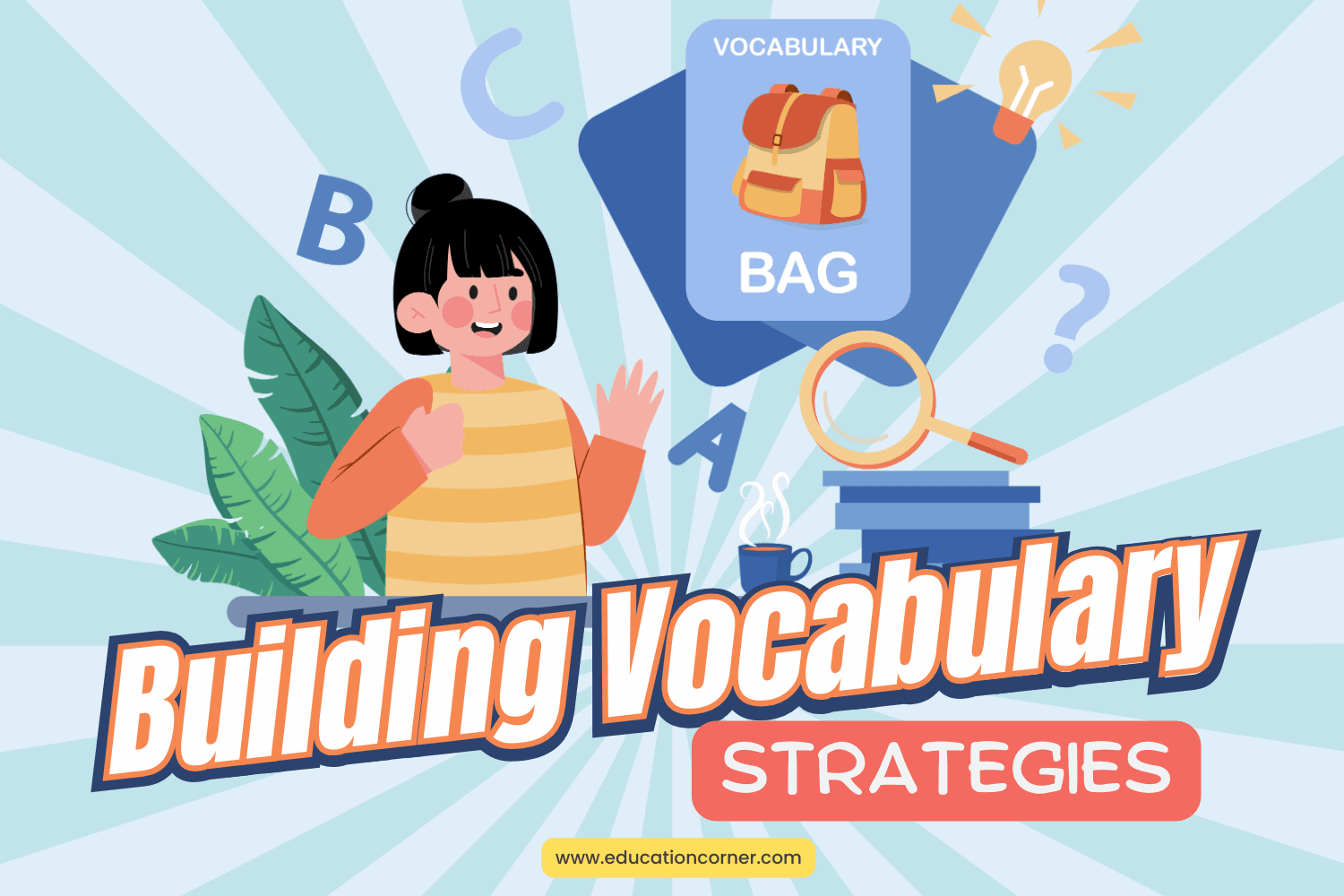Mastering Vocabulary Building Strategies: A Complete Guide
Introduction: Why Vocabulary Building is Essential
A strong vocabulary is the foundation of effective communication. Whether you are writing an essay, delivering a presentation, or engaging in a conversation, the right words make a significant difference in how you convey ideas. Vocabulary building is an ongoing process that enhances your ability to understand and use words correctly in context.
In this article, we’ll explore effective vocabulary building strategies that will help you expand your word bank and improve your language skills. These methods are designed to be practical and can be applied by anyone, whether you’re a student, professional, or language learner.

1. Understanding the Importance of Vocabulary Building
1.1 Why is Vocabulary Building Crucial?
Building a strong vocabulary allows you to express yourself more clearly, write better, and understand more when you read or listen. With a richer vocabulary, you can avoid repetition and choose the most precise words for any situation. It also enhances your reading comprehension, allowing you to decode new words and understand complex texts.
1.2 The Benefits of a Large Vocabulary
A well-developed vocabulary helps in:
-
Effective Communication: Clear communication with others.
-
Academic Success: Better performance in reading and writing assessments.
-
Career Advancement: Strong writing and speaking skills are highly valued in the workplace.
-
Increased Confidence: Knowing more words gives you the confidence to engage in discussions on various topics.
2. How to Start Building Your Vocabulary
2.1 Read Regularly
One of the best ways to improve your vocabulary is to read widely and regularly. When you read, you encounter new words in context, which helps you remember their meanings. Aim to read diverse materials—books, articles, blogs, and even social media posts.

2.2 Keep a Vocabulary Journal
A vocabulary journal is an effective tool for expanding your word bank. Whenever you come across a new word, write it down along with its definition, part of speech, and an example sentence. Reviewing this journal regularly reinforces your memory of new words.
2.3 Use New Words in Sentences
The best way to make new words stick is by using them. Whenever you learn a new word, try to use it in your writing or conversations. The more you practice, the more natural these words will become in your everyday vocabulary.
3. Vocabulary Building Strategies for Active Learning
3.1 Learn Word Roots, Prefixes, and Suffixes
Learning the roots, prefixes, and suffixes of words can significantly increase your understanding of unfamiliar words. By breaking down complex words into their components, you can often infer their meanings. For example, the root “bene” means “good” (as in beneficial or benevolent), and the prefix “un-” means “not” (as in unhappy or unpredictable).
3.2 Use Flashcards for Quick Recall
Flashcards are a great tool for reinforcing new vocabulary. Write the word on one side of the card and its definition on the other. You can use apps like Anki or Quizlet to create digital flashcards that are easy to review. Regularly testing yourself with flashcards improves both your retention and recall.
3.3 Engage in Vocabulary Games
Games and activities can make learning fun and interactive. Consider playing games like Scrabble, Boggle, or online vocabulary quizzes. These activities challenge you to think about words in creative ways, which helps deepen your understanding and retention.
4. Practical Techniques for Vocabulary Practice
4.1 Contextual Learning
Understanding words in context is key to building a functional vocabulary. When you encounter a new word, try to understand its meaning based on the surrounding text. This strategy helps you understand how the word is used in different situations.
For instance, the word “euphoria” means a state of great happiness, but the context can tell you if it’s referring to a fleeting moment of joy or a prolonged feeling of bliss.
4.2 Learn Synonyms and Antonyms
For each new word, try to learn its synonyms (words with similar meanings) and antonyms (words with opposite meanings). This will give you a broader understanding of the word’s nuances and make your vocabulary more versatile.
-
Synonyms for “happy”: joyful, content, delighted
-
Antonyms for “happy”: sad, sorrowful, melancholic
4.3 Read Aloud
Reading aloud helps reinforce word pronunciation and improves retention. As you read, try to focus on how the words are formed and how they sound. This practice can also help you internalize new words more easily.
5. Vocabulary Building Strategies for Advanced Learners
5.1 Use Advanced Vocabulary Lists
There are many advanced vocabulary lists available online, specifically curated to help you learn more complex words. These lists often focus on words commonly used in professional or academic settings. By incorporating these words into your speech and writing, you’ll be able to express more sophisticated ideas.
-
TOEFL or GRE vocabulary lists: These are great resources if you’re preparing for an exam or looking to challenge yourself.
-
The SAT vocabulary list: Learn words that are commonly tested in standardized exams.
5.2 Learn Idiomatic Expressions
Idiomatic expressions are phrases that have a figurative meaning different from the literal one. Mastering these expressions can greatly improve your fluency and comprehension of native speakers. For example, “break the ice” means to start a conversation and reduce tension, not literally breaking ice.
5.3 Incorporate Vocabulary into Writing Tasks
Engage in writing exercises like essays, journals, or creative writing where you deliberately use advanced vocabulary. This allows you to test your knowledge of new words and practice using them effectively.
6. Consistent Practice and Long-Term Strategies
6.1 Set Vocabulary Learning Goals
Setting specific vocabulary goals can keep you motivated and organized. For example, decide to learn five new words each day or finish a vocabulary list each week. This structured approach helps you track progress and ensures that you stay consistent.
6.2 Make Use of Technology
Leverage apps and websites that help build vocabulary. Programs like Memrise, Vocabulary.com, and Merriam-Webster’s Word of the Day can introduce you to new words and provide definitions, synonyms, and usage examples. These tools also allow you to track your progress over time.
6.3 Practice with a Partner or Group
Joining a study group or having a conversation partner can make vocabulary practice more engaging. You can quiz each other on new words, challenge one another to use words in conversation, and discuss the meanings and usage of terms in different contexts.

7. Frequently Asked Questions (FAQs)
Q1: How can I improve my English vocabulary quickly?
A1: To improve quickly, read regularly, write daily, and use new words in your speech. Flashcards, learning word roots, and practicing with vocabulary games can accelerate your learning.
Q2: How many new words should I learn each day?
A2: It’s best to start small and realistic. Aim for 5-10 new words per day, and make sure to practice them in context before moving on to more words.
Q3: What is the best way to memorize vocabulary?
A3: Use a combination of techniques like flashcards, contextual learning, and word association to reinforce your memory. Consistent review is key to retention.
Q4: Can technology help in building vocabulary?
A4: Yes, apps like Anki, Memrise, and Vocabulary.com offer interactive ways to learn new words and keep track of your progress. Using these tools can significantly enhance your vocabulary learning.
Conclusion: Keep Practicing and Expanding Your Vocabulary
Building your vocabulary is a continuous journey that pays off in various aspects of life. With the right strategies, you can enhance your language skills and communicate more effectively. Consistent practice, reading, and learning new words will help you become a confident and proficient communicator.
Remember, patience and regular practice are key to mastering vocabulary. Start today, and you’ll notice improvement over time.









